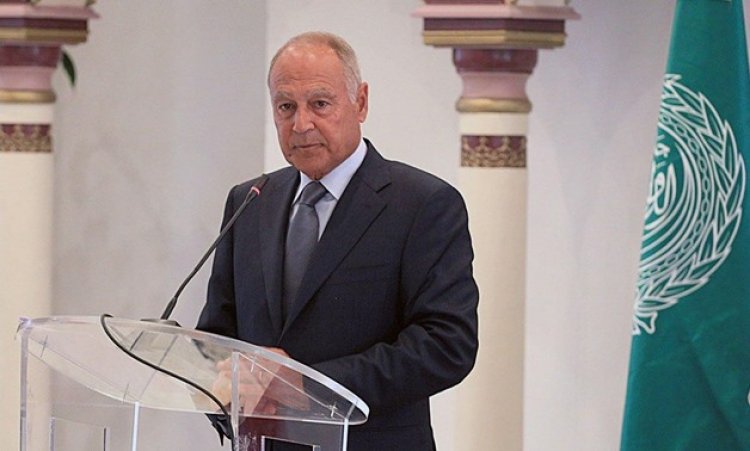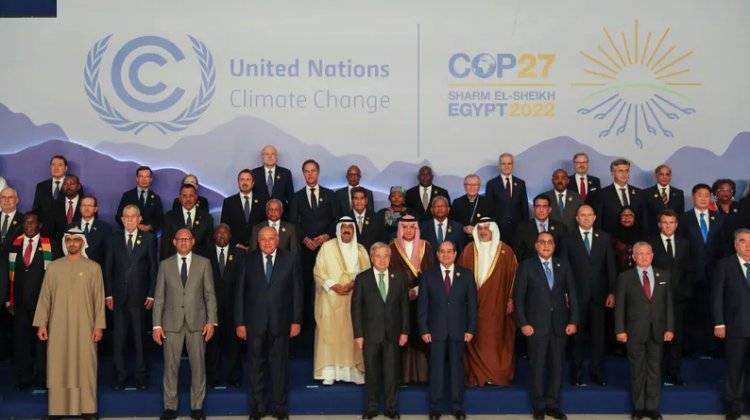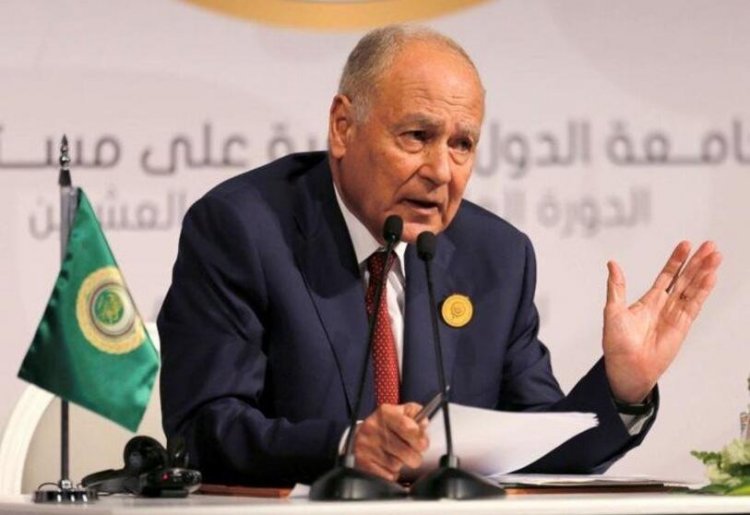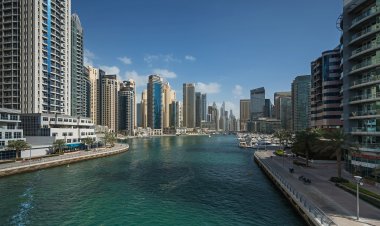Aboul Gheit : 3 gains for developing countries from «COP27»
Aboul Gheit explained that the Climate Summit (COP27), which was held recently in Sharm El-Sheikh, Egypt, witnessed exceptional Arab participation, and decisions were issued that included some relative gains for developing countries.

Egypt officially assumed the presidency of the United Nations Climate Conference )COP 27( Sharm El-Sheikh resort witnessed a summit of world leaders last month, with the participation of delegations from more than 190 countries and representatives of regional and international organizations concerned with environmental and climate affairs.
After ending of the climate summit, Ahmed Aboul Gheit, Secretary-General of the League of Arab States, participated today in the opening of the 21st annual conference of the Arab Organization for Administrative Development in Muscat, Sultanate of Oman.
The conference was launched this year, in cooperation with the Omani Ministry of Labor, under the title "Sustainability of Resources in Light of Climate Change and Ways to Limit Their Impacts... An Administrative Vision."

Exchange visions
It can be said that the conference provides a valuable opportunity to exchange visions and review the best Arab administrative experiences in the field of confronting climate change.
3 gains for developing countries
During his speech, Aboul Gheit explained that the Climate Summit (COP27), which was held recently in Sharm El-Sheikh, Egypt, witnessed exceptional Arab participation, and decisions were issued that included some relative gains for developing countries, in the areas of:
- "funding"
- Technology transfer
- Creation of a Loss and Damage Fund
Aboul Gheit considered these gains a first step towards achieving climate justice, pointing to the importance of continuing efforts to agree on its implementation mechanisms.

The official spokesman quoted the Secretary-General of the Arab League stressing the importance of the central role played by government departments in the Arab countries to implement sustainable development programs and lead them efficiently and effectively.
Aboul Gheit called for moving away from the reductive reading of the climate crisis, stressing the importance of developing comprehensive approaches and national strategies that all government sectors cooperate in implementing.
Aboul Gheit pointed out that the world is living in an era of continuous and sudden change, which makes it difficult to anticipate and predict.
He called on governments to adopt administrative models that can constantly assess the situation and have the ability to adapt.
Reduce the risks of disasters
Aboul Gheit explained that the increasing frequency of crises requires Arab administrations to build their capacities in the fields of early warning and emergency management to reduce the risks of disasters and epidemics.
It should be noted that the conference - which will last for two days - is being held under the auspices of the Governor of the city of Muscat, Saud bin Hilal Al Busaidi, and addresses several issues related to mechanisms for developing Arab government action to confront the climate change crisis.


 Shrouq
Shrouq 












